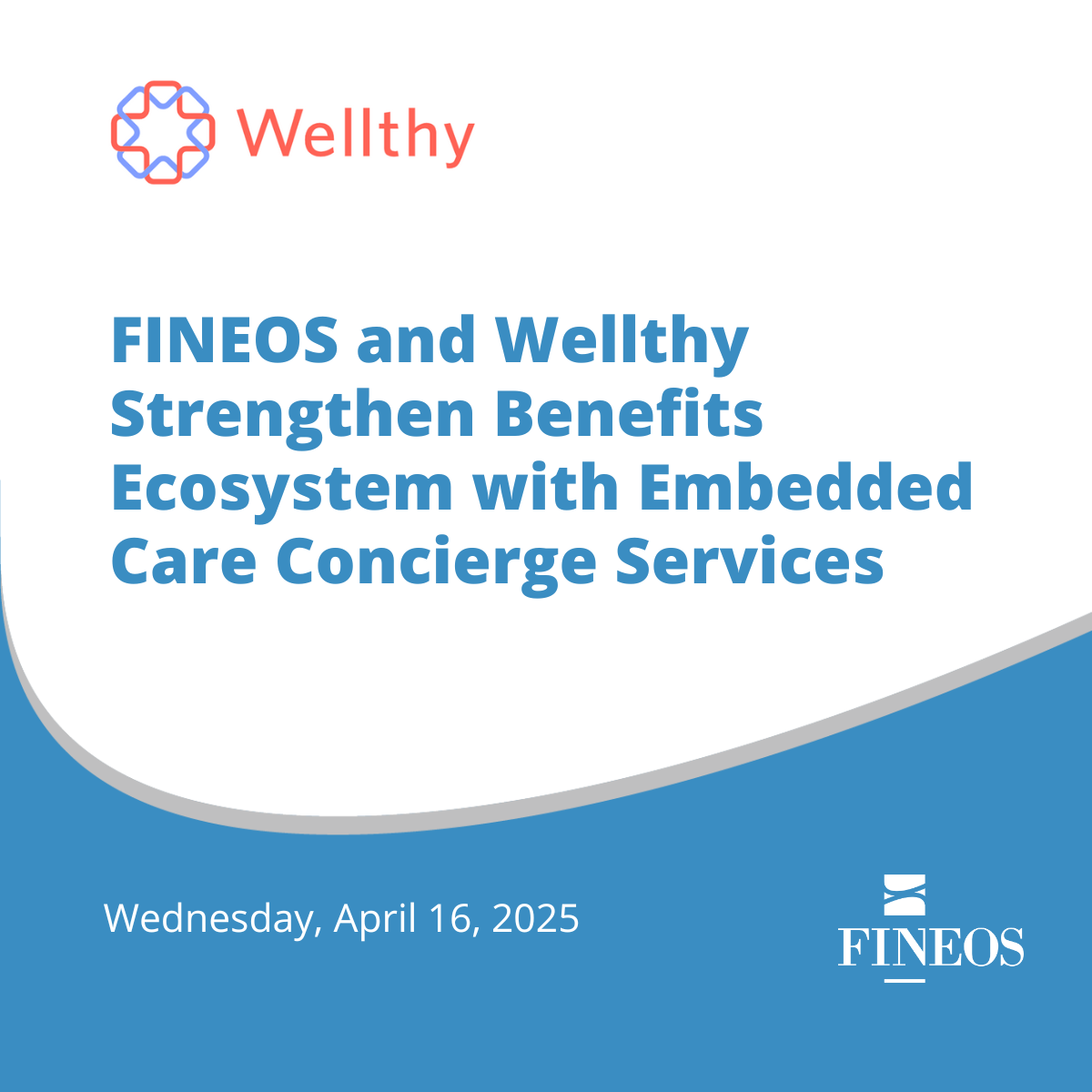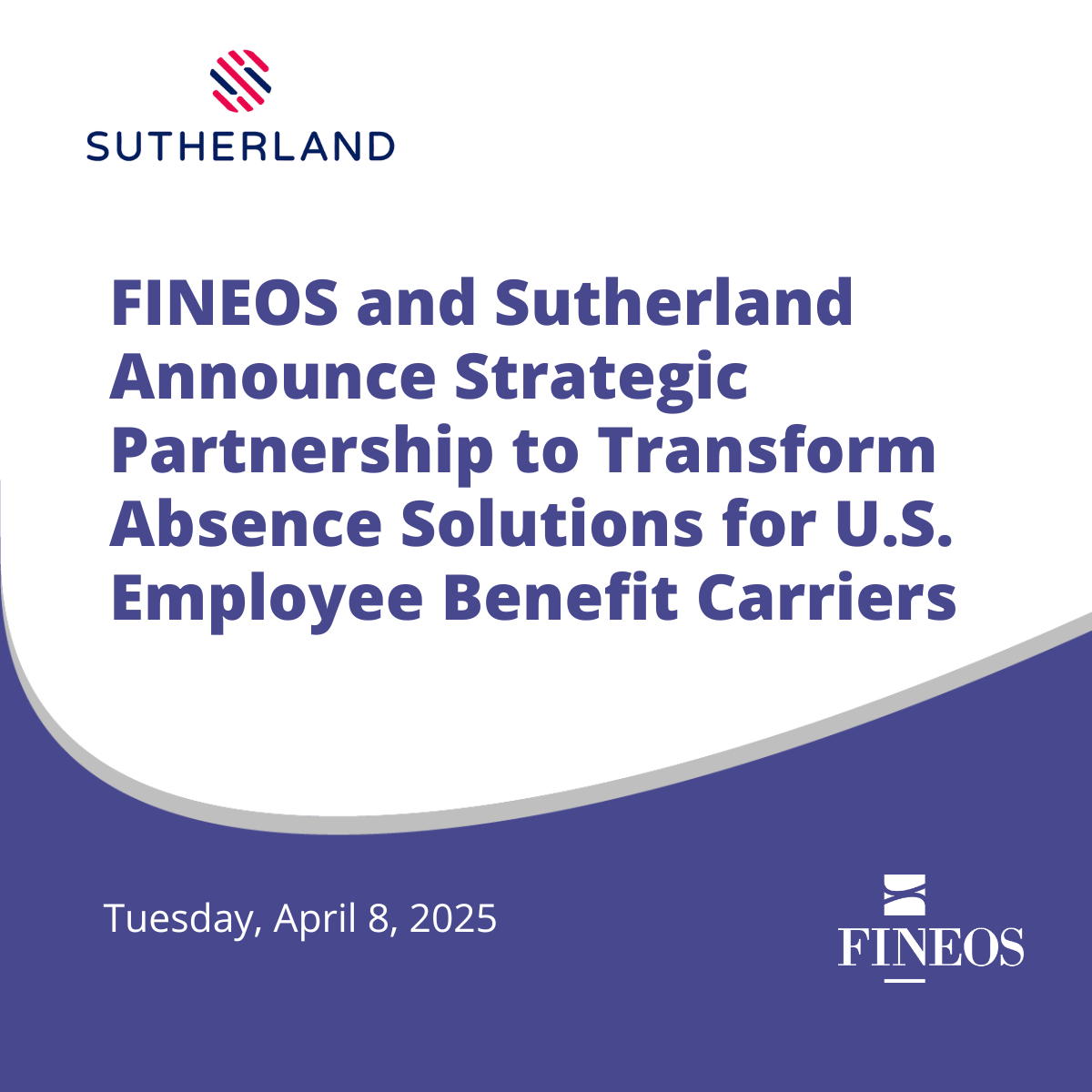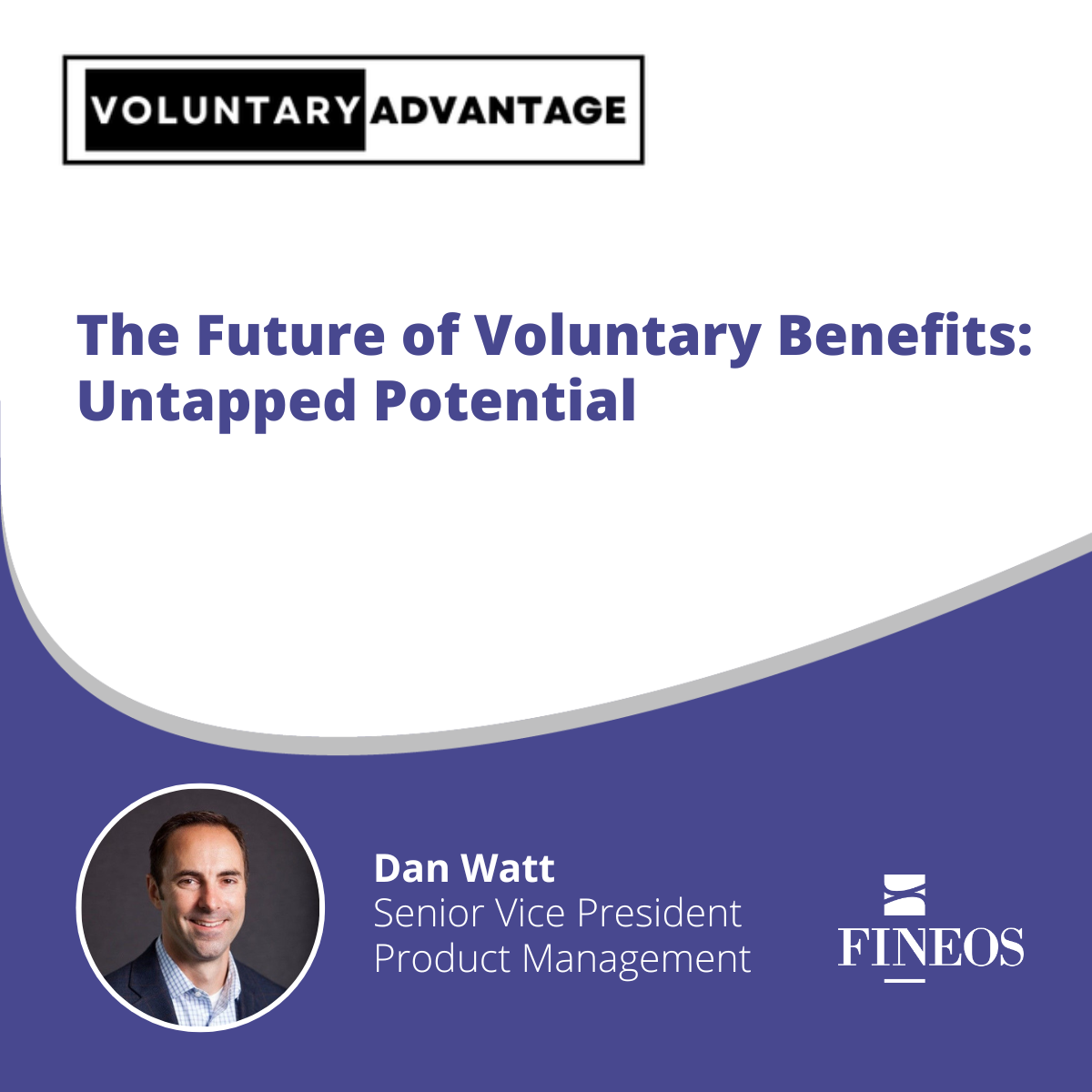Original article featured in CXO Magazine.
As Chief People Officer at FINEOS, Joanne McMullan is responsible for leading global Human Resources (HR), Learning and Development practices, and transformation programs across the organization. Her goal is to deliver an employee-oriented, high-performance culture, aligned to support the successful execution of the organizational growth strategy. Joanne has held senior HR positions since joining FINEOS in 2000. She was responsible for expanding the HR and learning and development teams and introducing global HR support procedures to support multiple international new countries. Prior to joining FINEOS, Joanne held several leadership and key roles across various industries including recruitment, insurance, and banking.
Recently, in an exclusive interview with CXO Magazine, Joanne shared insights into her passion for HR and talent development. She believes people are the most powerful lever for business transformation and is driven by unlocking potential at individual and organizational levels. She also highlighted the importance of aligning talent strategy with business goals to accelerate growth, drive innovation, and build resilience. The following excerpts are taken from the interview.
Hi Joanne. What drives your passion for HR and Talent Development?
My passion for HR and talent development is rooted in the belief that people really are the most powerful lever for business transformation. I’m driven by the opportunity to try to unlock potential, both at an individual and organizational level, and to help shape an environment where people can thrive, perform at their best, and where they are fully aligned to contribute meaningfully to real strategic outcomes.
Throughout my career, I’ve seen how aligning talent strategy with business goals can accelerate growth, drive innovation, and build resilience through change. Whether it’s shaping leadership capability frameworks, embedding talent development into the core of the business strategy, fostering a ‘one team’ mindset, encouraging diverse thinking, and driving high levels of engagement, and augmenting agile workforce planning, I believe HR is now far beyond the traditional support function and a key strategic business partner to drive success. It’s about driving organisational health to gain competitive advantage and create a great place to work. Central to this is aligning people practices with the organisation’s values, ensuring that every aspect of the employee experience reflects and reinforces the culture we aspire to build.
What aspects of your role do you find most rewarding, and why?
What I find most rewarding is driving real business transformation through people, I love supporting people to see their potential and possibilities for growth that they sometimes don’t even see themselves, by encouraging and supporting people to lean-in, stretch themselves, get uncomfortable, and ultimately transform not just their careers, but the business itself. That’s where magic happens, when people are empowered, engaged, and aligned with purpose, business performance follows.
What do you believe are the most significant challenges facing HR leaders today?
One of the most critical challenges and opportunities for all leaders today is navigating the rapid rise of AI. The pace of change requires us to evolve beyond traditional HR models and take a lead role in shaping a change readiness culture and leaders of transformation. What that means, practically speaking, is reimagining future roles, reskilling at scale, and embedding AI first mindset across the organisation. The real challenge isn’t just adopting AI, it’s integrating it in a way that enhances decision-making, drives efficiency, and builds agile, future-ready organisations where people and technology work in harmony to deliver sustainable performance. It also requires a strong ethical framework to manage the human and ESG impact, ensuring transparency, trust, and inclusion as we integrate technology into how people work and lead.
Can you share your thoughts on the role of technology in HR and talent management?
We’ve certainly come a long way from the days of paperwork and manual processes. For me, technology in HR and talent management is about being tech-powered and human-centric, by using smart tools to drive efficiency and effectiveness, but always keeping people at the heart of the experience. Leveraging technology such as AI and modern platforms allows us to make faster, more informed decisions, personalize development, and free up time to focus on what really matters: building capability, culture, and connection. It’s not just about doing things faster, but it’s about doing them better.
Modern technology also plays a key role in attracting and retaining top talent. People expect intuitive, digital-first experiences, and when we deliver that, it becomes a competitive advantage. It signals that we’re forward-thinking, agile, and serious about investing in our people and, ultimately of course, our customers. Ultimately, technology should enable us to have more time to create high-value, high-impact moments across the employee lifecycle, while shaping a future-ready workforce that’s equipped to lead through change.
What were some key milestones or experiences that shaped your professional journey?
Joining FINEOS in 2000 was a defining moment for me. I saw huge potential at my first introduction, not just for growth, but to help be part of shaping the culture and future of the organisation. What’s kept me inspired is the constantly changing landscape; no two days have ever been the same. There’s always been something new to learn, a challenge to navigate, or an opportunity to grow.
Some of the most pivotal milestones have included expanding into new international markets, contributing to the successful execution of our IPO, and acquiring two organisations during the pandemic as part of the leadership team. Navigating COVID was especially transformative, not only professionally, but personally. Balancing work and home life with school-age kids gave me a deeper empathy for colleagues facing similar challenges as well as dealing with a long-term family illness also strengthened my connection to the FINEOS vision, purpose, and values and reaffirmed my belief in the power of people to drive meaningful change for the greater good. Each of these experiences has shaped me as a leader, resilient, purpose-driven, and committed to creating environments where people can see the opportunity to thrive and grow.
Can you share a book, podcast, or resource that inspires you and why?
One book that has had a lasting impact is The Advantage by Patrick Lencioni, which was introduced to the leadership team by our CEO, Michael Kelly. It came at a pivotal time in our leadership journey and gave us the clarity and alignment we needed to operate as a truly cohesive team. What inspired me most was how it helped us articulate not just what we do, but why we exist, leading to the creation of our internal FINEOS playbook that continues to guide our values, strategy, and leadership principles. It resonated with me because it reinforced the importance of organizational health as a strategic advantage. In a constantly evolving business landscape, having a clear sense of purpose and alignment across leadership is essential not just for performance, but for culture and engagement. Personally, it also helped me reflect on how I lead and show up for others. It reminded me that clarity, trust, and consistency are powerful tools in building high-performing teams.
What are some of your passions outside of work? What do you like to do in your time off?
Outside of work, I like to stay active by playing pickleball, which I absolutely love, it’s fast-paced, social, and a great way to unwind. Running has always been part of my routine, and while I’m working on getting back into it, it’s something that helps me to switch off and relax. I also enjoy listening to personal development audiobooks and diving into research that helps me grow both personally and professionally. Travel is another passion that I have, I love to experience different cultures which give me perspective, energy, and inspiration. I also volunteer as a board member for a local family community resource centre, which gives me a meaningful way to keep grounded and give something back to the community.
What is your favorite quote?
I have two to share one is “Growth and comfort do not coexist.” – Ginni Rometty, former CEO of IBM, and the second is “Fear and faith both demand you believe in something you cannot see. You choose.” – Bob Proctor
What is your biggest goal? Where do you see yourself in 5 years from now?
With the pace of change in today’s world, it’s difficult to predict exactly where we’ll be in five years, but what is clear is that having a change-ready mindset is essential. My biggest goal for now is to lead transformation through people, creating environments where talent, leadership, and culture are fully aligned to successfully executing the business strategy. As I mentioned at the beginning, I believe that people are the most powerful lever for business transformation, even the best strategy, technology or work environment will fall short without a shared purpose, clear outcomes, and the behaviours that drive performance. Looking ahead, I am focused on growing as a strategic leader, expanding my impact and influence to help shape a resilient, future-ready organisation. I’m driven to lead purpose-led transformation that delivers high-impact outcomes, that make a meaningful difference not only to the business but also for the broader eco-system and the greater good.
What advice would you give to aspiring HR leaders?
Lean in. Especially when it feels uncomfortable. The most meaningful growth happens when you stretch beyond what’s familiar and trust your ability to lead through complexity. HR today is no longer just about policies and processes; it’s about shaping the future of the business through people. My advice is to stay curious, be confident, and believe in your capacity to influence at scale. Build deep business acumen, speak the language of strategy, and never underestimate the power of empathy and connection with others across the business. The ability to balance data-driven decisions with human insight is what sets great HR leaders apart. And most importantly, don’t wait for permission to lead. Step into the room, ask the hard questions, and be the voice that challenges, inspires, and transforms. The future of work needs leaders who are ready to lean into constant change and help others do the same.


